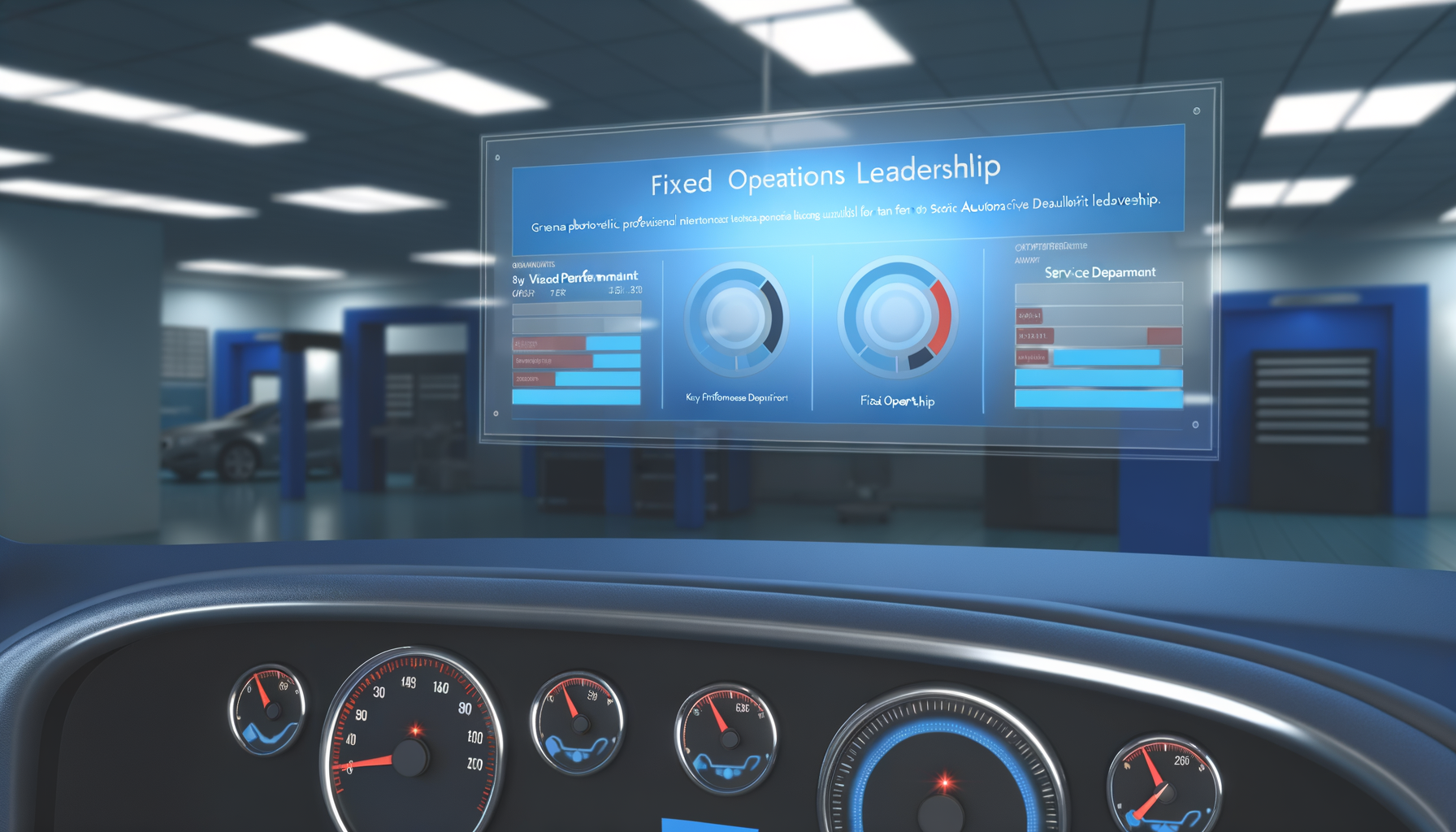Human-Centric Mechanics: Redefining Leadership with Emotional Intelligence in Fixed Ops

The Evolving Role of Fixed Ops Leadership

The responsibilities of fixed ops leaders are expanding beyond traditional management to include technology integration and strategic planning. As the automotive industry shifts, leaders must adapt to new OEM requirements and sustainability goals.
Recent studies indicate a 15% increase in EV-related repairs, highlighting the need for leaders to guide teams through these changes effectively.
To thrive, leaders should establish continuous learning programs focusing on emerging technologies and customer service trends.
Key Skills for Effective Service Department Management

Service managers must excel in communication, problem-solving, and adaptability to manage diverse teams and customer expectations.
Implement role-specific training sessions that emphasize scenario-based learning for real-world application.
Regular workshops on conflict resolution and team building can foster a cohesive and motivated workforce.
Leveraging Technology for Operational Excellence

Adopting cutting-edge technologies like predictive analytics and digital scheduling can streamline operations and improve service efficiency.
A survey shows 68% of customers favor digital service scheduling, pushing departments to modernize their appointment systems.
Implementing platforms like Auto Pro Solutions can enhance data management and customer interaction, ultimately boosting ROI.
Cultivating a High-Performance Fixed Ops Team

Fostering a culture of excellence involves recruiting, training, and retaining top talent within your service department.
Mentorship programs can accelerate skill development, ensuring a steady pipeline of capable leaders.
Regular performance reviews and feedback loops help align team goals with dealership objectives.
Enhancing Customer Experience Through Leadership

Leaders must prioritize customer-centric policies to boost retention and satisfaction.
Utilize customer feedback tools to tailor services that meet evolving demands efficiently and effectively.
Integrating a loyalty program can provide ongoing value and incentivize repeat business.
Measuring Success: Metrics and Analytics

Consistently tracking KPIs like turnaround time, customer satisfaction scores, and service upsell rates is crucial for assessing department health.
Leverage data analytics to identify bottlenecks and areas for improvement, ensuring strategic initiatives are data-driven.
Set benchmarks against industry standards to remain competitive and innovate continuously.
Related Topics
Ready to take your service department to the next level?
Schedule your demo today and experience the power of Auto Pro Solutions.
Schedule Demo